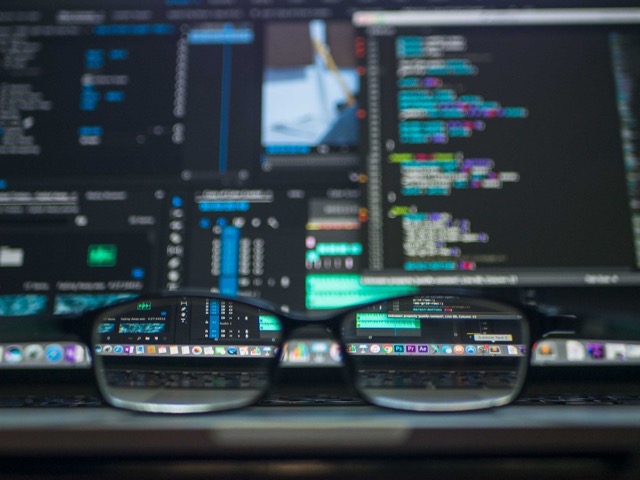In today’s digital age, data privacy has become a major concern. With the increase in cybercrime, it is important to ensure that your personal data is not leaked. There are several ways to check if your data has been leaked, and it is also important to understand why free VPNs sell our data and why it can be dangerous.
How to check if your data is leaked?
One of the easiest ways to check if your data has been leaked is by using online tools such as haveibeenpwned.com check now. This website allows you to enter your email address and check if it has been involved in any data breaches. If your email address has been leaked, the website will provide you with information about the breach, such as when it occurred and what information was leaked.
Another way to check if your data has been leaked is to monitor your credit report. If your personal information has been stolen, cybercriminals may use it to open credit accounts in your name. By monitoring your credit report, you can see if there are any accounts that you did not open.
It is also important to monitor your bank accounts and credit card statements regularly. If there are any unauthorized transactions, it could be a sign that your data has been stolen.
Why free VPNs sell our data?
Free VPNs are often advertised as a way to protect your online privacy. However, these VPNs often sell your data to third-party companies in order to make money. They may also use your data to target you with advertisements or sell it to other companies for marketing purposes.
When you use a free VPN, your online activity is routed through the VPN provider’s servers. This means that the provider has access to all of your online activity, including the websites you visit, the content you download, and the personal information you share online.
Why is it dangerous?
When your data is sold to third-party companies, it can be used for nefarious purposes. Cybercriminals may use your data to steal your identity, open credit accounts in your name, or access your bank accounts. They may also use your data to target you with phishing emails or other types of scams.
In addition, when your personal data is shared with third-party companies, it can be difficult to control who has access to it. Your data may be sold to multiple companies, making it difficult to know who has your information and how it is being used.
Conclusion
In conclusion, it is important to take steps to protect your personal data online. By monitoring your credit report, bank accounts, and credit card statements, you can identify any unauthorized activity that may indicate your data has been leaked. Additionally, it is important to be cautious when using free VPNs, as they may sell your data to third-party companies. By taking these steps, you can help ensure that your personal information remains secure and private.













Leave a Reply